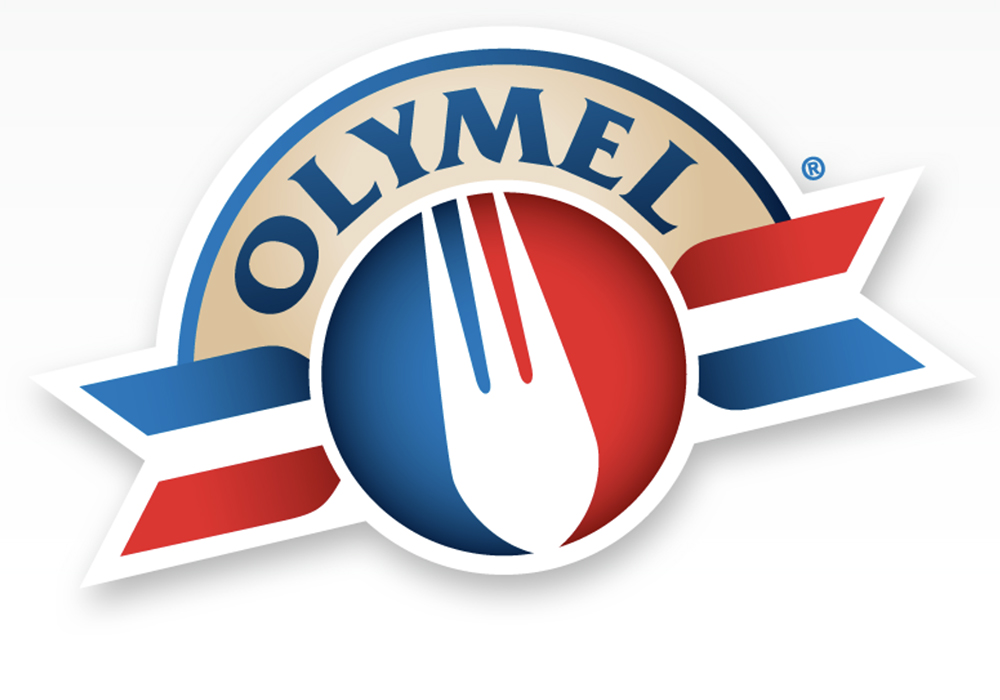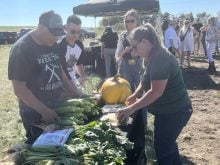Olymel plans to shut down the evening shift at midnight on Aug. 29 at its largest pork slaughter plant in Quebec.
The company said the step is necessary and blamed the union representing workers for the ongoing four-month strike at the plant, which has caused uncertainty for Olymel customers and suppliers, including Quebec hog farmers.
Termination of the evening shift could mean losses of 500 positions at the Vallee-Jonction hog plant.
Read Also

Canada’s plant hardiness zones receive update
The latest update to Canada’s plant hardiness zones and plant hardiness maps was released this summer.
“As a responsible employer, Olymel has no choice but to deploy all the means at its disposal to mitigate the negative impact of this strike,” said Paul Beauchamp, Olymel senior vice-president.
Beauchamp said employees have until midnight Aug. 29 to reconsider their Aug. 17 rejection of a recent contract offer.
“The employer is still willing to make adjustments within the parameters of the Aug. 14 agreement in principle, but will not be able to increase the monetary aspects of this agreement in any way, as it would compromise the plant’s viability and competitiveness,” Beauchamp said.
The Olymel plant, southeast of Quebec City, has the capacity to slaughter 35,000 pigs per week and employs about 1,150 workers. Employees have been on strike since the end of April, causing a backlog of pigs within Quebec’s pork industry.
At the start of the strike, an Olymel spokesperson said worker demands were unreasonable, noting the union was asking for a wage increase of 35 percent in the first year of the agreement and 51 percent by the end of the deal.
“The union filed wage requests on April 19 that would have put this plant out of step with its competitors and jeopardized its viability, especially since it already leads its competitors by 21.7 percent in total compensation,” Olymel said in June.
The union representing workers has said Olymel needs to boost compensation because worker turnover is a massive problem at the plant.
“The employer has to realize it has to pay people properly if it wants to keep them. For that, we need to be talking dollars, not cents,” Martin Maurice, the union representative for Olymel Vallée-Jonction employees, told Radio-Canada.
Hog producers in the province and their association, the Éleveurs de porcs du Québec, have become frustrated with the lengthy labour negotiations at the plant and the failure to reach a deal – including the Aug. 17 ‘no’ vote on a proposed agreement.
“This rejection of the agreement is a slap in the face for us producers, who are victims of this conflict…. The two parties agreed to an agreement, but the employees rejected it. The financial losses are enormous, the psychological distress of breeders is omnipresent, pigs are piling up on farms, we fear for the well-being of our animals,” said Quebec pig breeders president David Duval.
Since Aug. 19, Olymel management has met with a special mediator, appointed by Quebec’s provincial government. The company, in a release, said it is willing to continue talks with the mediator to solve the dispute.
Olymel employs 15,000 at its meat processing plants, farms and other facilities in Canada and around the world. It is also the largest hog producer in Canada.
Contact robert.arnason@producer.com
















